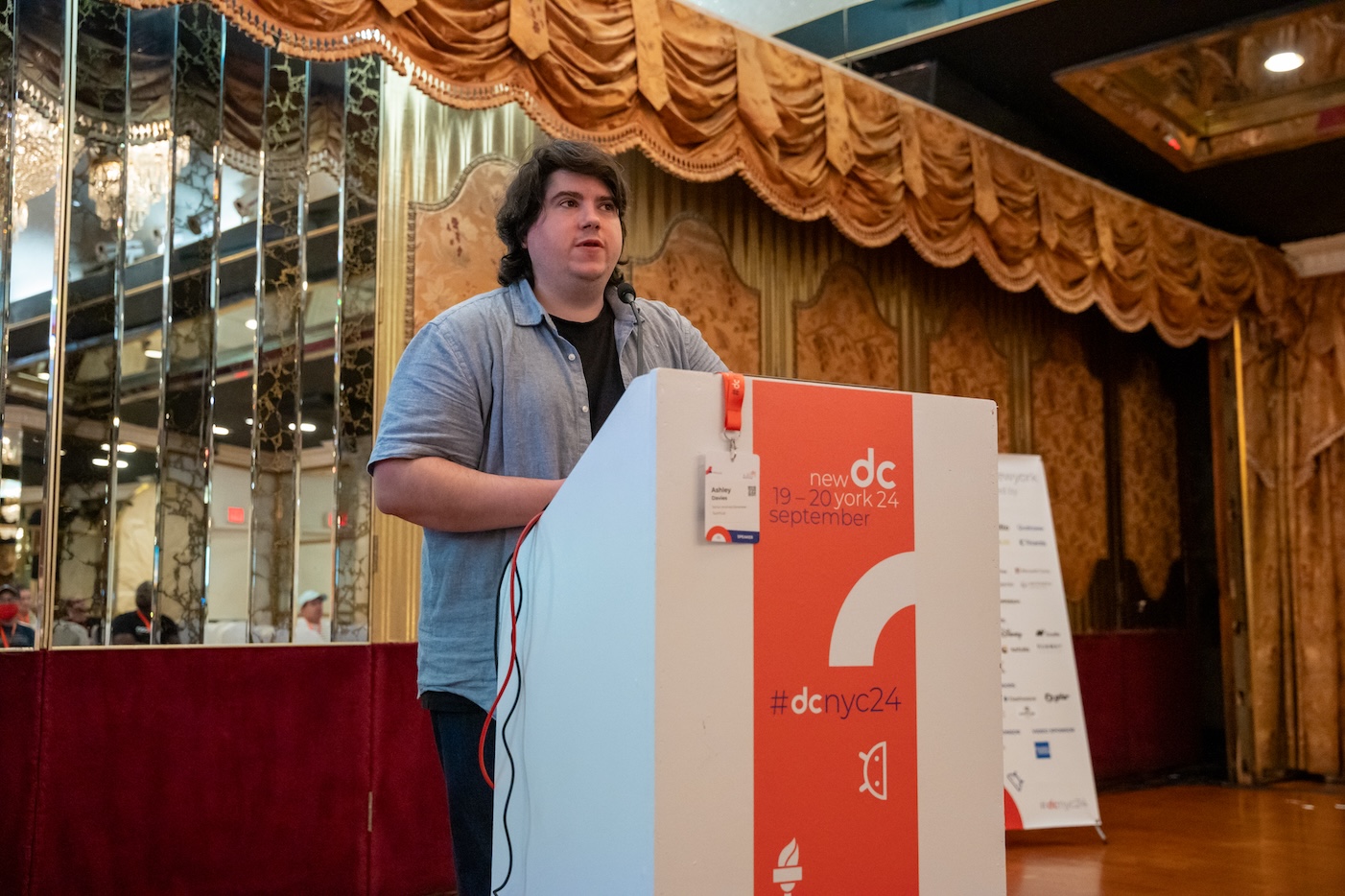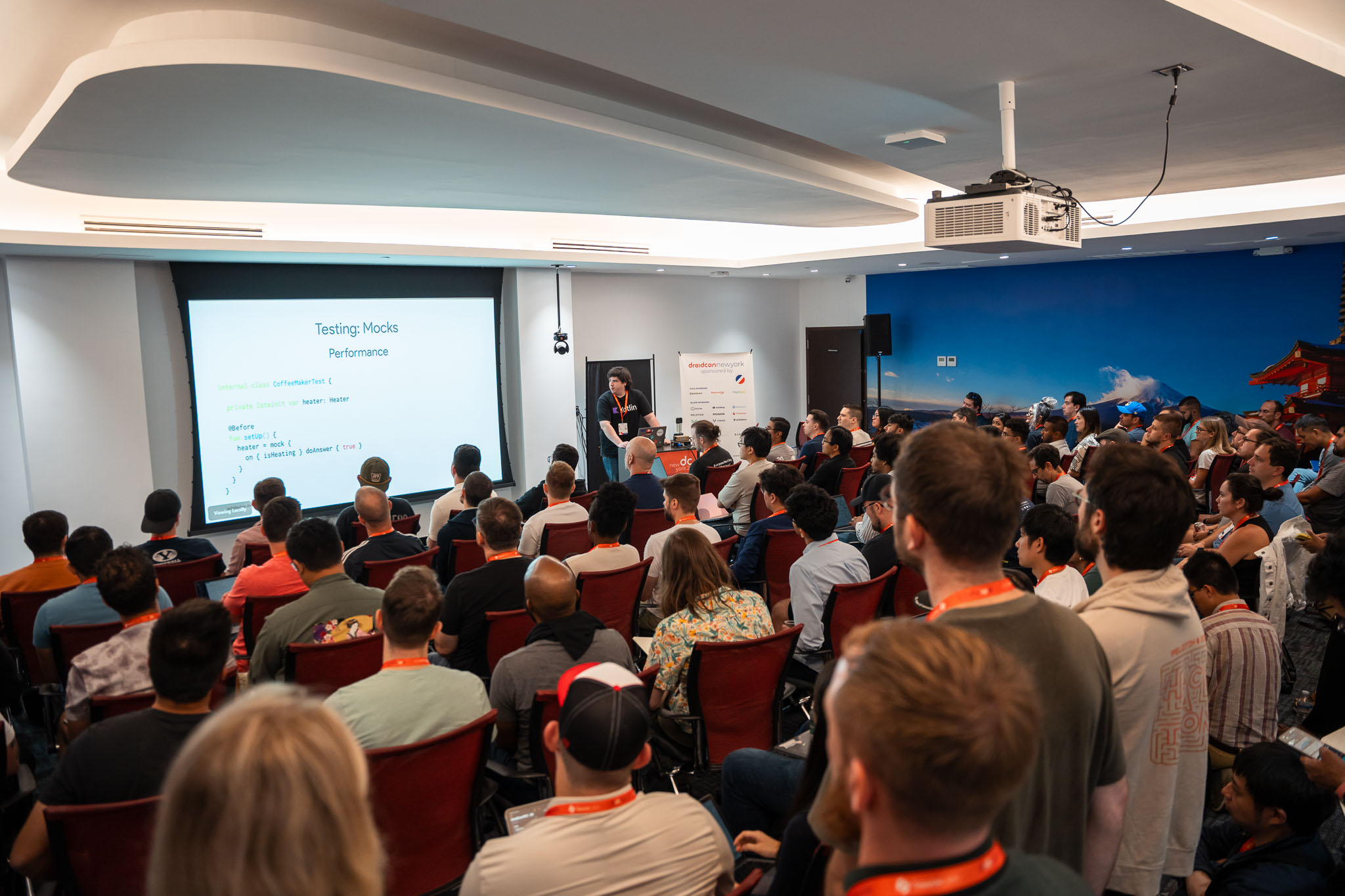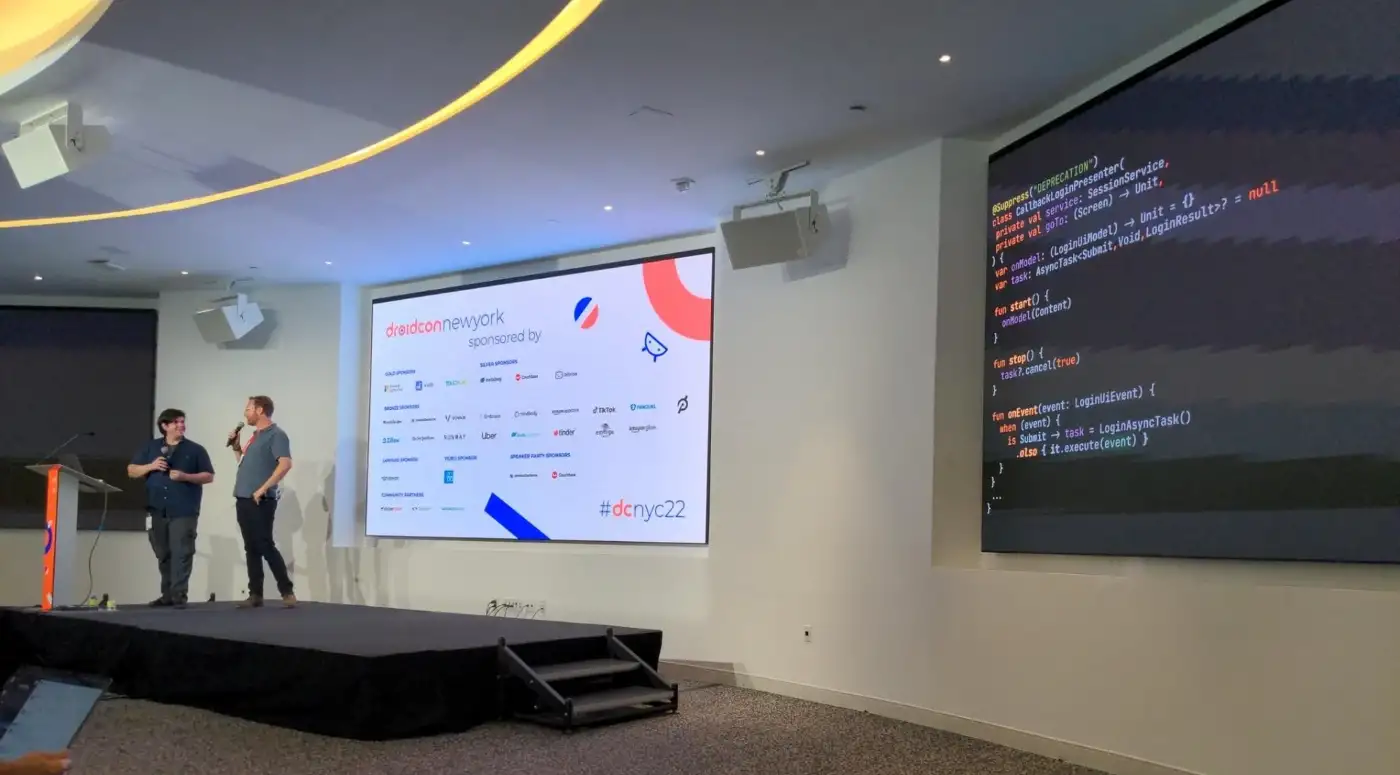
Navigation in a Multiplatform World: Choosing the Right Framework for your App
Navigation in mobile, desktop, and web applications is such a fundamental part of how we structure our architecture. In order to both obtain functional clarity, and abstraction from platform level implementation. For a long time, there have been options available specific to each platform, and even options part of the platform framework itself. Though it can be difficult to find the right option for platform-agnostic code, ensuring consistency. Some go one step further, providing an opinionated guide on how to architecture your application. ...


